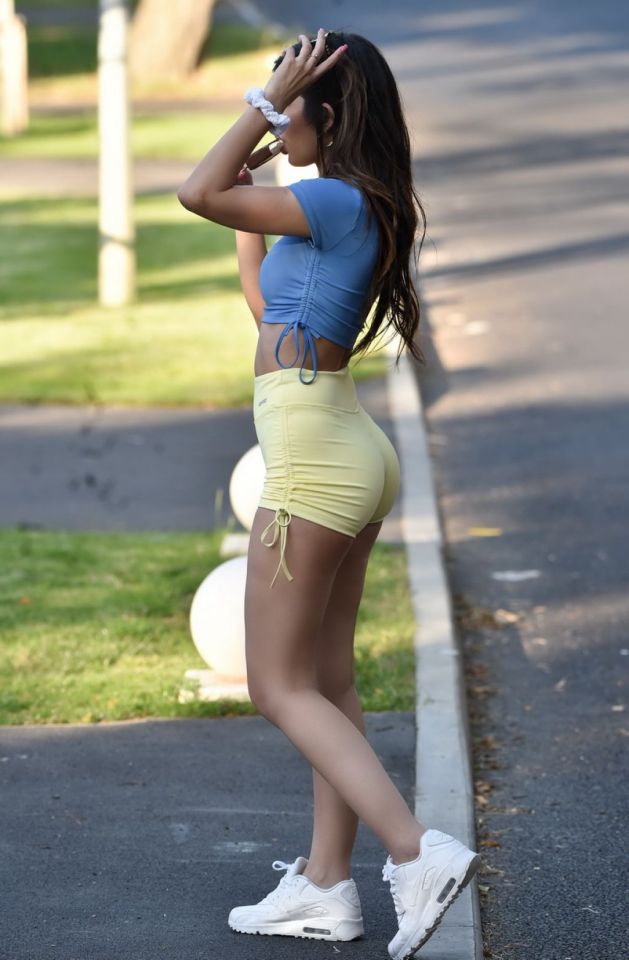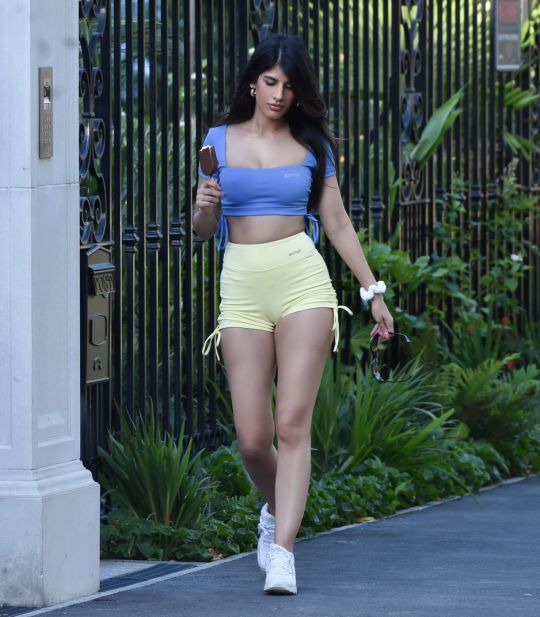#walia
Text





#rossett#village#aldea#wieś#село#wales#cymru#walia#gales#paysdegalles#уельс#wrexamcounty#travel#follow4followbackinstantly
2 notes
·
View notes
Text

CARDIFF / WALES / ENGLAND
0 notes
Text
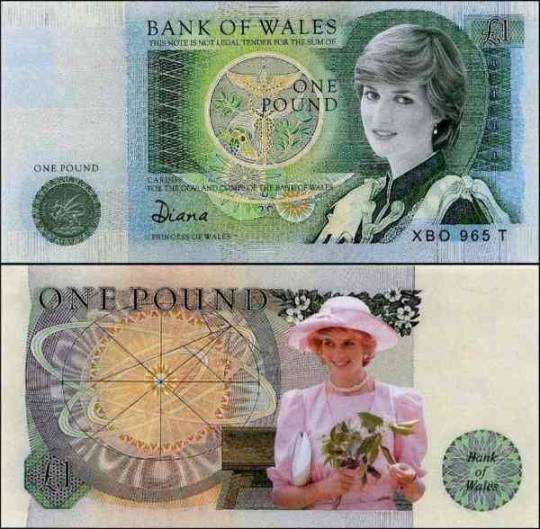
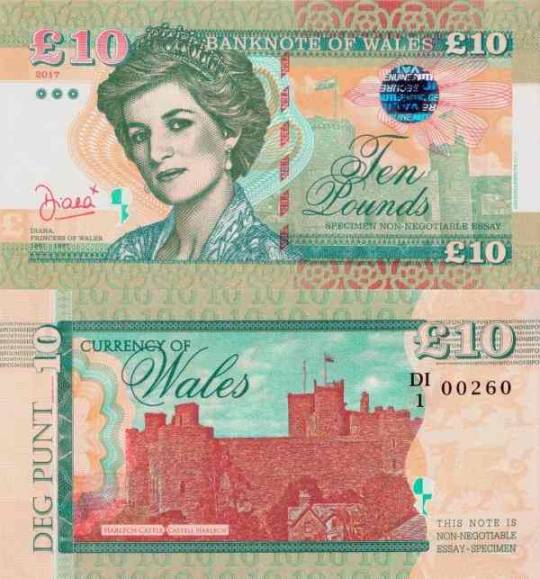
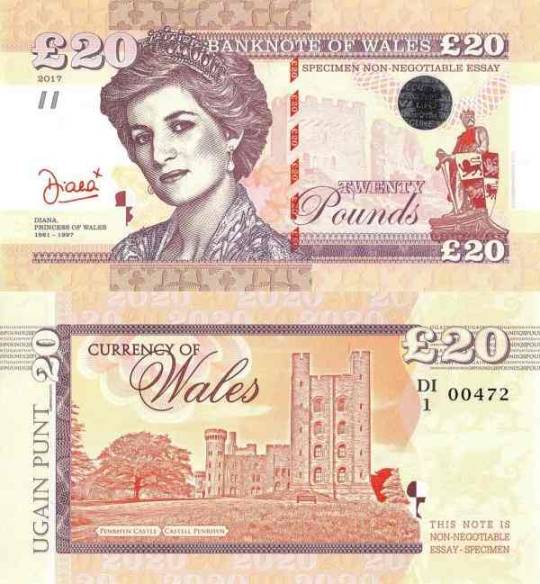
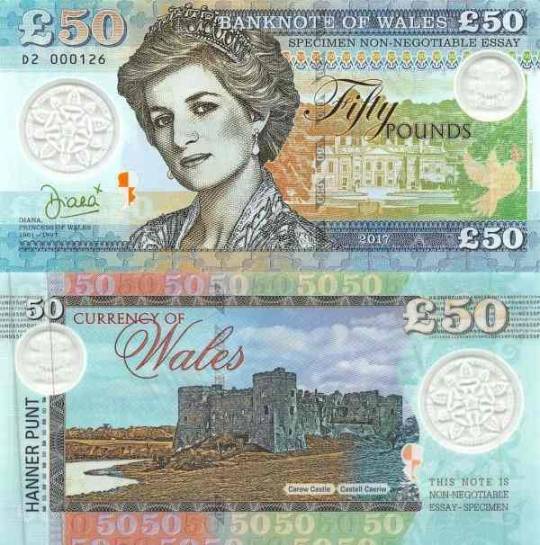
Fancy notes of WALES with Princess Diana.
#Walia#Wales#pounds#for collectors#banknote#banknot#fantasy#fancy#kolekcjonerski#not circulated#nieobiegowy#fantazyjny#princess#Diana#note
0 notes
Text

Aishwarya Rai in Aa Ab Laut Chalen (1999)
502 notes
·
View notes
Text
These kinds of liberal democratic institutions — like welfare, like health care, like child services and the immigration system — are literally institutions that are death machines and are intended to be that way.
But we don’t see it, because we don’t see or understand it in the same way as we might overt violence, but that’s what they were perfected to become.
Harsha Walia
144 notes
·
View notes
Photo

Walia ibex Capra walie
Observed by padraicflood, CC-BY-NC-SA
284 notes
·
View notes
Text
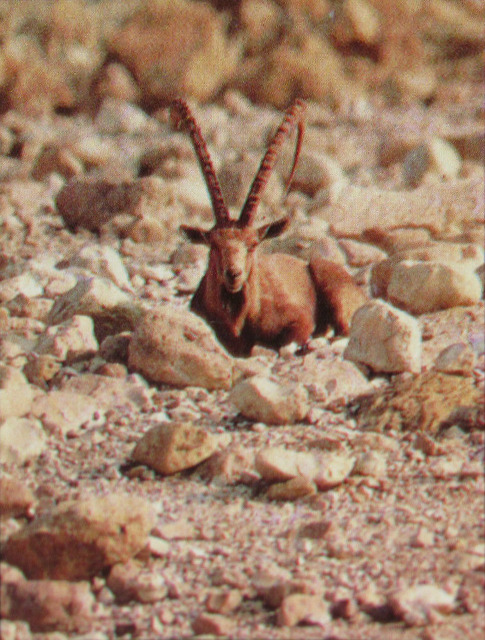
Walia ibex
By: Unknown photographer
From: WWF Threatened Animals
1986
88 notes
·
View notes
Text
"And the everyday unsanctioned movement of people—defying borders and risking death—is, in itself, worldmaking and homemaking. Without romanticizing or generalizing the politics of those on the move, we must recognize the sheer will and productive power they represent. In their determination for a different life, migrants and refugees subvert the multibillion-dollar global industry of barbed wire walls, drone surveillance, militarized checkpoints, and bureaucratic violence aimed at fatally deterring them. Revolutions bring no guarantees, but they do call on us to dream, listen, commune, act, struggle, dismantle, rematriate, create, to move and make anew." - Harsha Walia, There Is No 'Migrant Crisis,'" The Boston Review, November 16, 2022
#antifa#refugees welcome#antifascist#no one is illegal#antifascism#your borders kill#harsha walia#the boston review
253 notes
·
View notes
Text
I think it's really interesting and important to think about and talk about the solidarity between groups that experience different forms of oppression.
Neurodivergent people and physically disabled people can both experience ableism, but it can look different. People find out about some of my mental health diagnoses and decide they wouldn't trust me with children (regardless of how I actually act) or they wouldn't date me or hire me. But this can be different than some of the opression I face as a cane user, when people assume I am faking being disabled or that I only use a cane because I'm fat (the intersection of ableism and fatphobia). And yet they're still connected.
We also see this in racism -- there are specific and unique kinds of racism that different groups experience. For example, an Asian person in a non-Asian majority country being asked, "No, where are you really from?" is different than a Black person being followed around a store because they are Black, but these things are still connected.
We also see this in religion and spirituality -- for example, antisemitism is real and important to acknowledge, and so is islamophobia. For example, Jewish people being targeted with violence while trying to come together in houses of worship is different than people seeing a Sikh person and assuming they're Muslim and therefore a terrorist, but these things are still connected.
The discrimination and oppression I face as a bi person is different than the discrimination and oppression I face as a genderqueer person, and both of those are different than the discrimination and oppression I face as a demi aroace person, but they're also all still connected.
We see this with transphobia -- there are specific and unique kinds of transphobia that transfeminine people face and that transmasculine people face. We see this in the kinds of stereotypes we come across about each group, and the kinds of hate crimes that are committed, and the challenges each group faces when trying to date, have sex, get access to health care, or just go out to buy groceries. These things are different, but they're also still connected.
We see this with so many different things that I can't begin to cover here. And we see that many people are part of multiple communities affected by several of these forms of oppression at the same time.
Talking about this requires thoughtfulness, nuance, and balance. True solidarity requires us to be able to be aware of the different ways that we face oppression, to be cognizant and respectful of the differences, but to also resist the urge to position these differences in some sort of persistent hierarchy.
Harsha Walia says this more eloquently than I can:
"I think allies and accomplices have become identities in and of themselves, when in fact they are meant to be verbs—to signify ways of being and of doing, of relationship and relationality. It is impossible for any one person to be ‘an ally’ because we all carry multitudes of experiences and oppressions and privileges. Most people are simultaneously oppressed and simultaneously privileged, and even those are always specific and contextual.My paid work is in one of the poorest neighborhoods in the country. Unsurprisingly, this is a disproportionately racialized neighbourhood but there are many older cisgender white men. A straight white cisgender man who is homeless faces a harsher material reality than me on a daily basis—with minimal to no access to food, shelter, health care, or income. Reductively, one would say that I have class privilege in relationship to him. But it goes beyond that. Even taking into account that I might be able to count off more forms of oppression, the entirety of my material reality is more secure.For me that is where intersectionality falls short; it has become a static analysis and one of fixed categories that leads to oppressed/ally dichotomies. Anti-oppression analysis becomes rigid in its categorizations when the question becomes who is more oppressed, rather than engaging in a dialogue of how oppression, which is relational and contextual, is specifically manifesting. Oppression develops a strange quantifiable logic, a commodity that can be stocked up on. This isn’t to say I don’t believe in anti-oppression allyship, but rather that I question its reductionism in place of a fluid, contextual and relational practice."
Harsha Walia, “Dismantle & Transform: On Abolition, Decolonization, & Insurgent Politics”
#op#oppression#oppression olympics#ableism#racism#antisemitism#islamophobia#biphobia#exorsexism#discrimination#quote#Harsha Walia#allyship#intersectionality#am I the only one who remembers when people used to tag discrimination against mental health as saneism?#we have always been looking for ways to talk about the discrimination we face#we have always faced discrimination that manifests in different ways#we have always tried to find ways to honor our shared struggles but also articulate the ways our struggles can be different
193 notes
·
View notes
Text

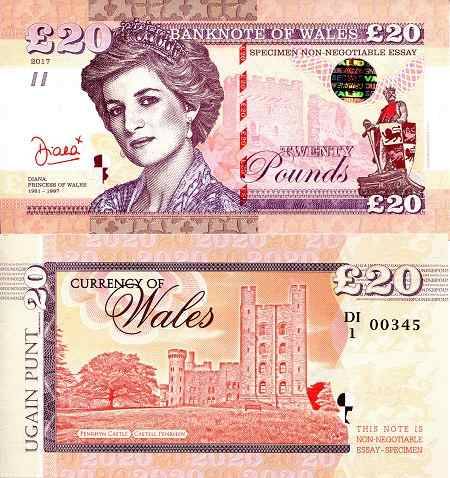
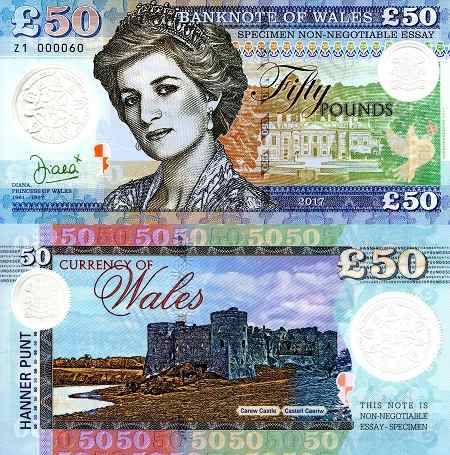
WALES - fancy banknotes with Princess Diana.
#Diana#Walia#Wales#for collectors#kolekcjonerski#not circulated#nieobiegowy#fantazyjny#fantasy#fancy#banknot#banknote#note#pounds#specimen
0 notes
Text
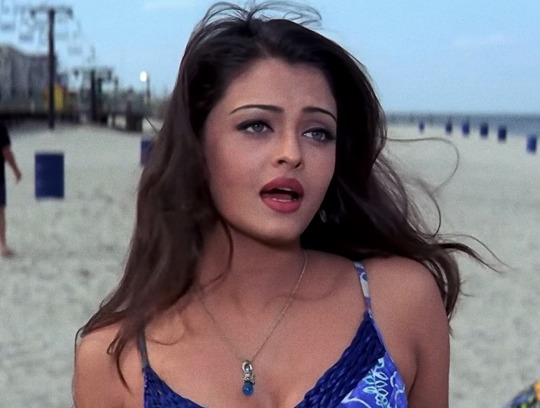
Aishwarya Rai in Aa Ab Laut Chalen (1999)
61 notes
·
View notes
Text

The links between empire, race making, and the border are perhaps best symbolized in the construction of the border wall itself: wire mesh recycled from a Japanese-American internment camp, repurposed Air Force landing strips and ground sensors from the Vietnam War, and Elbit Systems' "virtual wall" surveillance technology field-proven on Israel's apartheid wall.
– Harsha Walia, Border and Rule
11 notes
·
View notes


